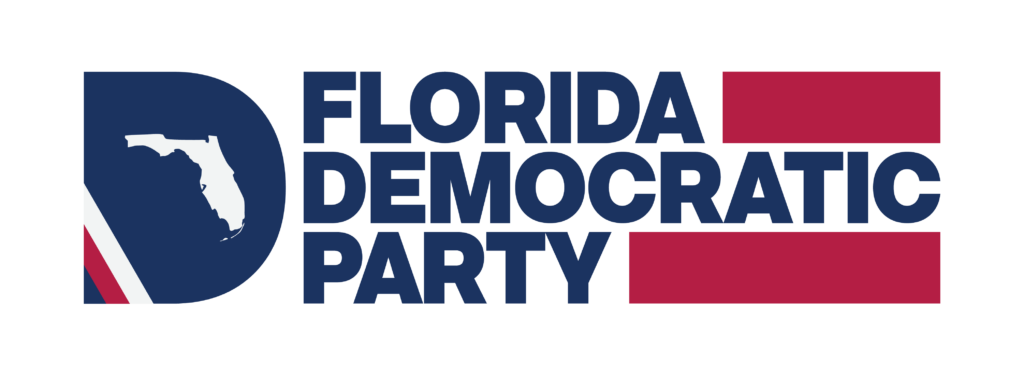A Timeline of No Show Marco’s Failure to Act on Zika
As Congress heads towards summer recess without taking decisive action to combat the Zika virus, Rubio’s last minute grandstanding highlights the fact that, until he decided to run for reelection, Florida’s no-show senator was nowhere to be found.
A timeline of Rubio’s Zika inaction:
July 15, 2015: Brazil reported laboratory-confirmed Zika cases in twelve states, and, on July 17, 2015, it reported detection of neurological disorders associated with a history of Zika infection.
July 16, 2015 — July 12, 2016: Rubio’s Western Hemisphere Subcommittee held no hearings on the Zika virus, even as the virus was being declared a public health emergency both internationally and locally in Florida. The committee had held zero hearings on any matter in the last 8 months of Rubio’s presidential campaign, despite boasting about his chairmanship on the campaign trail and saying it’s an issue that “isn’t talked about nearly enough.”
February 1, 2016: The World Health Organization Declared A “Public Health Emergency Of International Concern” over the Zika virus, but Rubio still didn’t schedule a hearing on the issue and continued to campaign for president.
February 3, 2016: Due to the Zika outbreak, Governor Rick Scott declared a public health emergency in four Florida counties, including Miami-Dade, but Rubio still conducted no hearings on Zika.
February 22, 2016: Rubio was not among the bipartisan group of Florida members of Congress who signed on to a letter to the director of the Centers for Disease Control praising the agency’s response to Zika.
March 2016: Rubio did not cosponsor a measure to expedite FDA approval of a Zika vaccine and treatments, even though it was sponsored by Sen. Nelson and cosponsored by bipartisan members of the Florida delegation.
April 8, 2016: Rubio expressed support for the Obama Administration’s proposal to spend $1.9 billion on Zika efforts, a full 2 months after the proposal was announced and over a month since the administration formally submitted it to Congress. Rubio continued to insist that there was “no crisis” despite Florida officials announcing the state’s Zika caseload had risen to 84 — the highest in the nation — that same day.
May 27, 2016: Rubio says in an interview that during his presidential run he wasn’t able to “dedicate 100 percent of our time” or “really put time” in towards issues like Zika. Rubio referred to “the Zika issue” as one that had “arisen over the last few weeks,” even though the first Florida cases had been identified nearly six months earlier.
June 28, 2016: On the day the first baby is born in Florida with microcephaly, a Zika-related birth defect, Rubio votes in favor of a politicized Zika bill that restricted funding for family planning and included extra protections for the confederate flag.
July 6, 2016: The Centers for Disease Control reported 3,666 cases of Zika virus in the United States and U.S. territories since January 2016.
July 11, 2016: Florida health officials confirmed the 276th zika infection in the state of Florida.
With his abject failure to work to protect Florida families, it’s little wonder that Rubio is quick to insist that he’s not interested in examining who is to blame for Congressional inaction. As he said on the Senate floor, “I don’t care whose fault it is anymore… It’s inexcusable.”
Marco Rubio is right. Putting your presidential ambitions ahead of working to monitor and combat the spread of a virus is simply inexcusable — and Floridians will remember in November.




